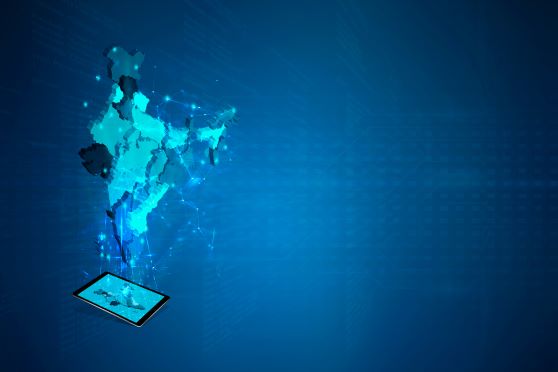According to the Service of Gadgets and Data Innovation (MeitY), Twitter content was the most hindered social media sites, including Facebook, Instagram, and other sites, in the recent years from 2020 to 2022.
According to data released by Rajeev Chandrasekhar, Minister of State for Data and Technology, 3,417 connections, posts, and records on Twitter were disabled in 2020 as a result of Section 69A of the PCs Act 2000. These findings were made possible by a free inquiry from the Rajya Sabha.
In 2022, 1,743 of those links on Facebook were blocked, compared to 809 on YouTube, 451 on other platforms, and 355 Instagram postings. The data for 2020 and 2021 also revealed a similar pattern.
Online entertainment platforms frequently encounter content that is prohibited under PCs Act 2000 Section 69A. Last year, Twitter sued the Indian government to demand that the Service of Data Innovation lift certain boycotts.
The Association Government may order the blocking of platforms like Twitter under Area 69A of the Data Innovation Act for factors such as Indian sway and honesty, public safeguard, public safety, amicable relations with various states, and so on.
In response to a question in the Rajya Sabha about government restrictions on online entertainment, Priest of State Rajeev Chandrasekhar provided facts.
Chandrashekhar stated in a written statement that “it is government policy to ensure that its inhabitants are furnished with open, secure, dependable and responsible web access,” and that MeitY boycotts online content in accordance with Section 69A of the Data Innovation (IT Act) Regulation 2000.
Twitter received the most public authority block requests in 2020, followed by Facebook, YouTube, and Instagram, according to data from MeitY. Elon Musk’s company is responsible for approximately 33% of all boycotts in recent years, according to 10,264 forbidden messages and records on Twitter.
The public authority prohibited 6,775 postings and records in 2022 as contrasted to 6,096 boycotts in 2021, an 11% increase from the previous year. About a third of the postings and records that were blocked on the Indian online last year were on Twitter.
However, the government blocked 9,849 bits of content in 2020, a 171% increase from the previous year.
To put things in perspective, the first Coronavirus lockdowns happened in 2020, and because there was no information available about the disease, its symptoms, or how it spread, numerous false claims circulated online. The increased necessity to verify inaccurate data may be the reason of the spectacular increase.
Surprisingly, 2022’s figures are already 86% greater than 2019’s. When asked whether any harmed parties might have requested court relief. In response, MoS Chandrasekhar stated, “Yes, there are a few instances where disgruntled parties have petitioned various courts in the country and cases are awaiting judgement.









